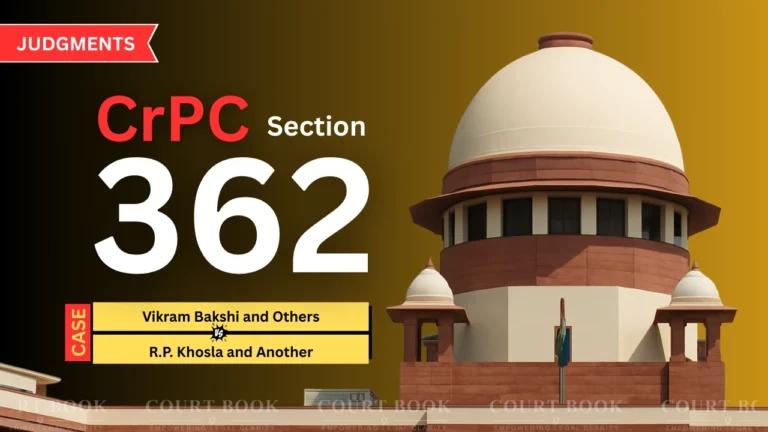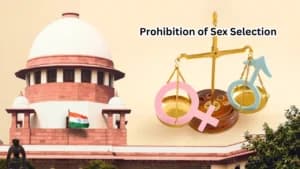The Supreme Court of India has set aside a Delhi High Court order that recalled its earlier judgment in a long-standing dispute between the Bakshi Group and the Khosla Group. The apex court held that the High Court exceeded its jurisdiction by reviewing its own criminal order, which is expressly barred under Section 362 of the Criminal Procedure Code (CrPC).
Case Background
The case revolved around a dispute between two business groups-Bakshi Group led by Vikram Bakshi and Khosla Group led by R.P. Khosla-over the development of a resort project in Kasauli, Himachal Pradesh.
Read also: Kolkata Lawyers Stage Court Boycott Following Brutal Police Attack on Advocate
A Memorandum of Understanding (MoU) was signed in December 2005, and Montreaux Resorts Pvt. Ltd. (MRPL) was formed as a special purpose vehicle. Later, shareholding disputes and allegations of oppression, mismanagement, and forgery of AGM minutes (dated 30.09.2006) triggered multiple legal battles before the Company Law Board (CLB), High Court, and the Supreme Court.
The Supreme Court, in an earlier 2014 consent order, had directed that all disputes, including allegations of perjury under Section 340 CrPC, be decided by the CLB (now NCLT). It had also restrained the High Court from entertaining related proceedings.
Read also: Supreme Court Sends Odisha Election Dispute Back to High Court for Fresh Review on Affidavit Defects
In 2019, the Khosla Group filed another petition under Section 340 CrPC, alleging perjury by the Bakshi Group. The Delhi High Court dismissed it in August 2020, noting that the matter was already before the NCLT.
However, the Khosla Group later filed a review application, claiming that Sonia Khosla had already withdrawn the company petition in February 2020- a fact not disclosed earlier. On this basis, the High Court recalled its earlier order in May 2021 and reopened the case.
The Bakshi Group challenged this recall before the Supreme Court.
The apex court examined whether a High Court can recall or review its criminal order in such circumstances. Referring to Section 362 CrPC, it reiterated that:
“No court, when it has signed its judgment or final order disposing of a case, shall alter or review the same except to correct a clerical or arithmetical error.”
Read also: Delhi High Court Rules Differently in DSSSB Roll Number Bubbling Dispute
The Court cited earlier rulings, including State of Kerala vs. M.M. Manikantan Nair and Sanjeev Kapoor vs. Chandana Kapoor, and clarified that criminal courts become functus officio once an order is signed. Only limited exceptions, such as fraud on the court, lack of jurisdiction, or clerical mistakes, permit recall.
In this case, the withdrawal of the company petition was already known to the Khosla Group before the August 2020 order, but it was not disclosed. The Court held that such omissions cannot justify recall under the guise of a “procedural review.”
Concluding that the Delhi High Court had acted beyond its powers, the Supreme Court set aside the impugned order dated 05.05.2021.
“Such an act to undermine the finality of judicial proceedings cannot be permitted,” the bench observed.
The appeal was allowed, and pending applications were disposed of.
Case: Vikram Bakshi and Others vs. R.P. Khosla and Another
Case Type: Criminal Appeal @ SLP (Crl.) No. 3425 of 2022
Date of Supreme Court Judgment: 20 August 2025
Appellants (Bakshi Group):
- Vikram Bakshi
- Vinod Surha
- Wadia Prakash
Respondents (Khosla Group):
- R.P. Khosla (Main Respondent)
- Anand Mohan Mishra (formal respondent)














